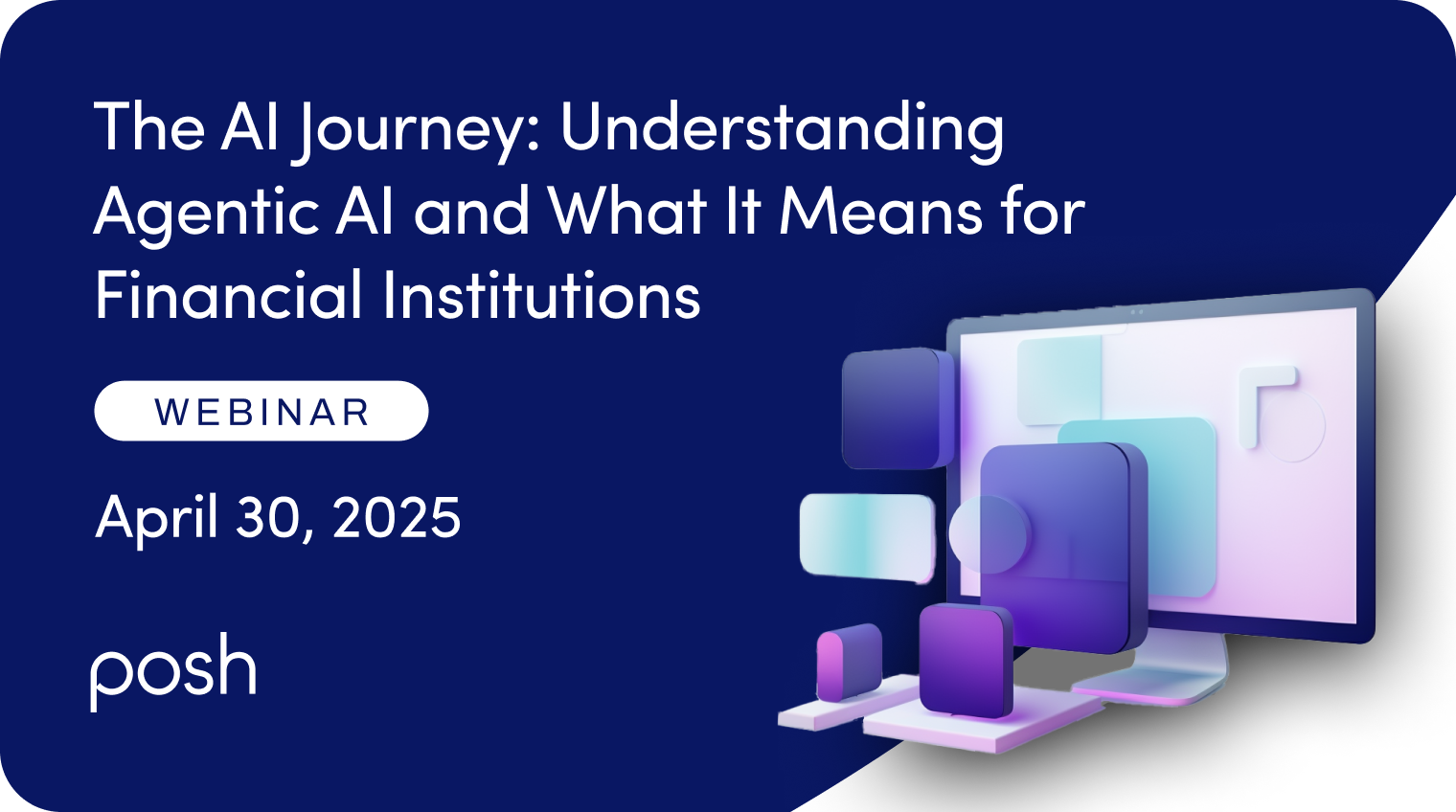(November 29, 2023)--(CU Times)-- The hype surrounding generative AI is overshadowing its true complexity. As generative AI cruises towards the peak of the hype cycle with inflated expectations, analysts are already starting to predict that the hype will start to fade as early as next year. It’s not that generative AI will fall short or fail, but that people will get more realistic about what generative AI can offer—and how it fits into the broader tech stack. Of course, generative AI is revolutionary and there’s now a whole new world of what companies can accomplish. But it’s also not a magic wand. Only by strategically applying AI as a tool in the toolbox will financial institutions ensure they don’t blindly pursue or implement strategies that won’t deliver on the promise of generative AI.
What is generative AI?

Despite the buzz, not everyone truly understands the difference between generative AI and other types of AI. Traditional forms of AI solve very specific tasks with determined rules, such as a decision tree combined with supervised, statistical machine learning models which make outputs in a deterministic and probabilistic manner. For example, a model like this could be used to determine whether a loan application should be approved.
On the other hand, generative AI learns from a series of data inputs about existing artifacts to create something new. It uses deep learning models, such as a large language model, to recognize and predict patterns. It has the potential to create new content, from text and code to audio, images, and videos. It can create highly personalized and direct answers to questions, and maintains a large window of context. Its ability to create at the touch of a button explains why it has so much hype. These reasons are why generative AI is considered a “general-purpose” technology because companies can deploy applications using generative AI on a wide scale—quickly.
But it’s not good at—or for—everything. It’s hard to dig under the hood, making it difficult for companies to audit or explain why it responds the way it does. It can come with biases and stereotypes, based on its training data, from amplifying visuals about race and gender to favoring linguistic styles, vocabularies, or cultural references. And it can sometimes make things up, or “hallucinate.” All these shortcomings mean that generative AI introduces reputational risk and isn’t ideal for customer experiences without a deep understanding of how to create the right kind of solution.
That doesn’t mean banks and credit unions shouldn’t use generative AI. Companies can’t just blindly expect it to be the conclusive, absolute technology to implement. But the companies that excel will be those who think about generative AI as part of the tech stack with specific, strategic implementation in coordination with other types of AI or technologies.
At Posh, we believe the convergence of generative AI with more “traditional” (or deterministic) aspects of conversational AI will revolutionize financial institutions: helping them to operate more efficiently—and profitably—while best serving the customer.
The convergence of generative AI and conversational AI
Generative AI has obvious strength in its creativity, which is why people have become so swept away by its “intelligence.” Companies (with pressure often coming from the top) feel they have to implement generative AI quickly so they don’t get left behind. But without the right strategy and implementation, quick implementation could be what does a company in. That’s because of generative AI’s unpredictability.
Traditional AI solutions are deterministic, in that they have predefined rules and algorithms so they have predetermined answers and outcomes. One of the exciting things about generative AI is that it’s unpredictable and non-deterministic—but that excitement can hide the risk. Without any kind of rules or determinism regulating the AI’s decisions, customer experiences—and company brands—will feel confusing or even wrong. That risk can get especially problematic when working with high stakes topics like loan applications, monetary transfers, or stolen credit cards. Especially in a regulated financial institution like a bank or a credit union, determinism is a must in many (if not most) situations.
The best AI systems will operate like a slider, allowing companies to configure how “generative” or “rigid” the experience will be. By selectively dialing up and down this slider, companies can use generative AI where it’s less risky, and switch to a more deterministic AI model for important actions. For example, a chatbot responding essentially verbatim from a human-designed template is very deterministic. An AI assistant that uses generative AI to semantically understand and summarize a given page of information is still much more predictable than one that is freely answering a question based on a broad set of training data or its “world knowledge.” Not only that, but the generative models should have guardrails in place to avoid biases and hallucinations. These differences aid decisions, improve the customer experiences, and delight both end-users and companies alike.
Partner with an AI expert who can help create a custom, scalable experience that enables the right balance of generative AI. Learn more about Posh’s extensive range of solutions tailored specifically to financial institutions.


Blogs recommended for you

December 1, 2023
AI Executive Order: Insights and Takeaways for Financial Services
Read More
AI Executive Order: Insights and Takeaways for Financial Services

June 7, 2023
Addressing Common Misconceptions about Fintech for Small Banking
Read More
Addressing Common Misconceptions about Fintech for Small Banking


Event -
Separating the Hype from Reality in Generative AI for the Financial Services Industry
Are you attending and interested in learning more?
Register today
Visit event page to learn moreEmail info@posh.ai for the recording!

November 29, 2023

3:57 pm

Virtual event



Event Details
Speakers
No items found.









